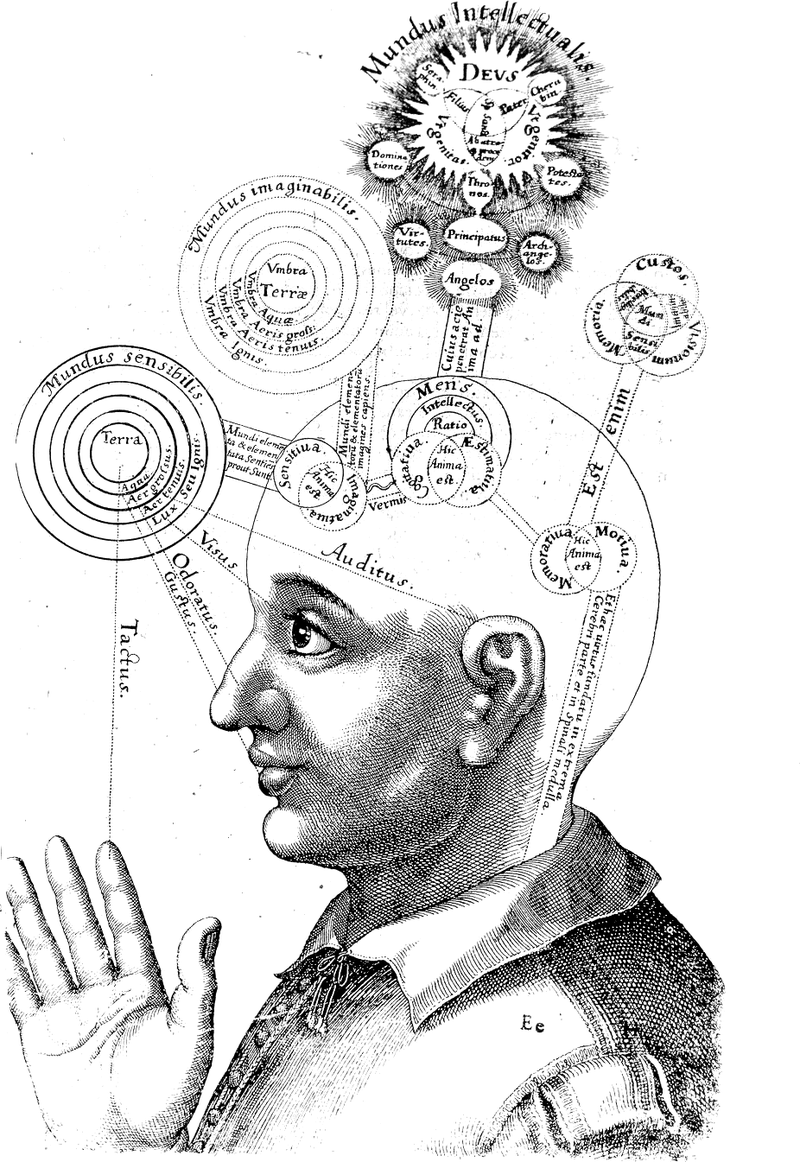Key Difference – Self-Awareness vs Self-Consciousness
Although self-awareness and self-consciousness are related, there is a difference between the two. In psychology, attention is specifically focused on self-awareness, which refers to the knowledge that an individual has of himself. On the other hand, self-consciousness also refers to a form of awareness that an individual has of himself, but unlike self-awareness, self-consciousness is a preoccupation an individual has of himself. This article examines the key differences between these two states.
What is Self Awareness?
Self-awareness can be understood as the awareness or knowledge that an individual has of himself or herself. This allows the individual to distinguish himself from others, as well as the environment. Self-awareness enables the individual to have a better comprehension of himself, his strengths and weaknesses. In other words, it assists the individual in looking inward.
Psychologists believe that self-awareness is a concept that develops as the individual matures, starting from birth. As a child grows up, they become more self-aware. Psychologists have also studied self-awareness in animals, such as chimpanzees, through various experiments like the mirror test.
Being self-aware can be very beneficial to an individual. For example, if a person often finds it difficult to maintain relationships with others and always ends up antagonizing others, being aware of this situation can give them the opportunity to introspect and find their flaws that contribute to this situation. In such a context, self-awareness can be helpful.
What is Self-Consciousness?
Self-consciousness also refers to a form of awareness that an individual has, but the key difference between self-consciousness and self-awareness is that while self-awareness is healthy and allows the individual to truly set themselves apart from others, self-consciousness can be unhealthy. It is almost like a preoccupation that an individual has where they are conscious of every move, every word, etc.
We can all be self-conscious sometimes, such as when we are making a speech in front of a large audience, or if we feel like someone is looking at us. In these situations, we do not behave as freely as we usually do. Instead, we are cautious of our every move. This is one of the reasons why researchers take extra care not to disrupt the ordinary lives of their research subjects. When we are self-conscious, we attempt to be extremely accurate in our tasks.
Psychologists point out that if an individual is self-aware, they can also comprehend when they are self-conscious. Hence, it can be highlighted that self-consciousness is also a form of awareness, but although there is a clear connection between self-awareness and self-consciousness, they are not the same.
Key Takeaways
- Self-awareness refers to the knowledge or awareness that an individual has of themselves, while self-consciousness is a preoccupation an individual has with themselves.
- Self-awareness allows an individual to obtain knowledge of themselves, while self-consciousness makes an individual feel preoccupied with themselves.
- Self-awareness can be healthy, as it helps the person recognize their mistakes, while self-consciousness can sometimes be very unhealthy.
